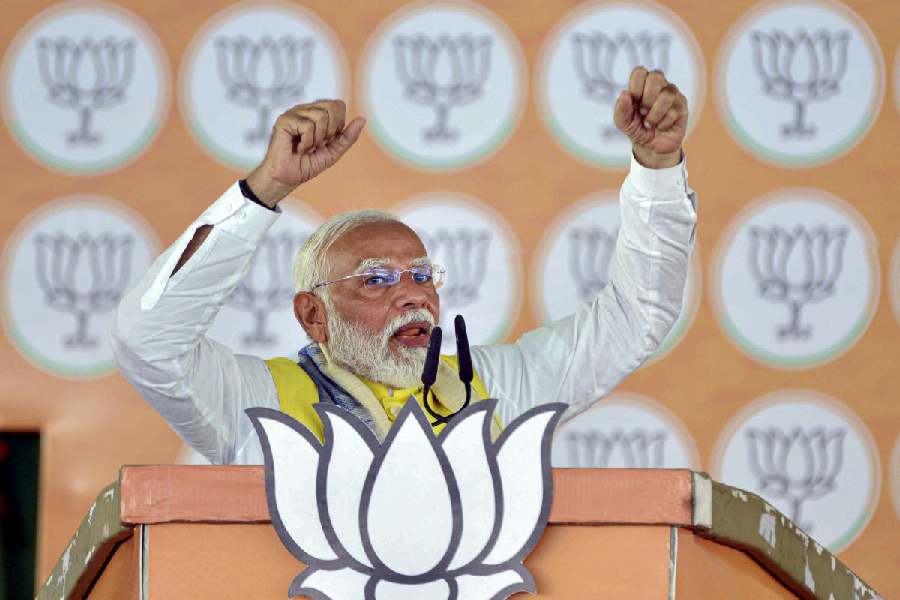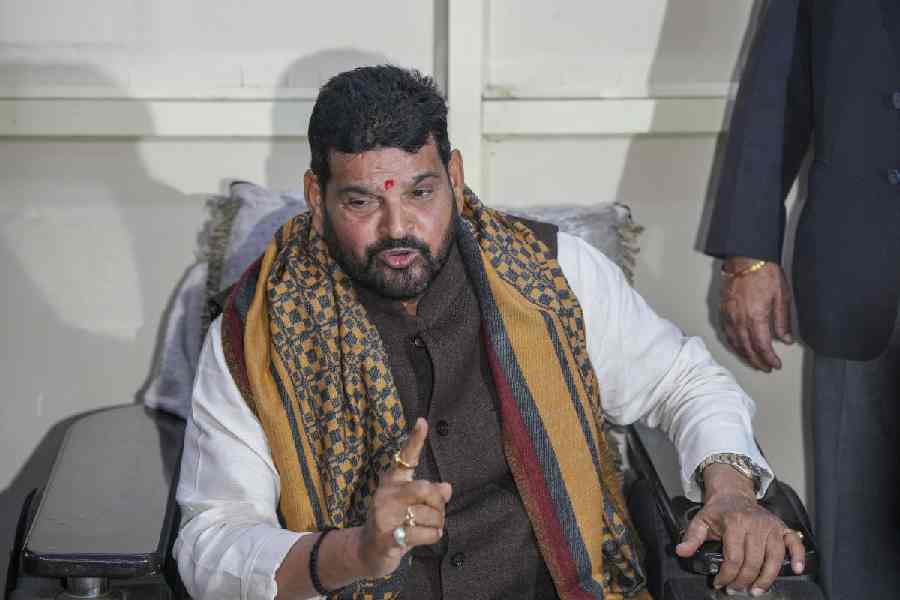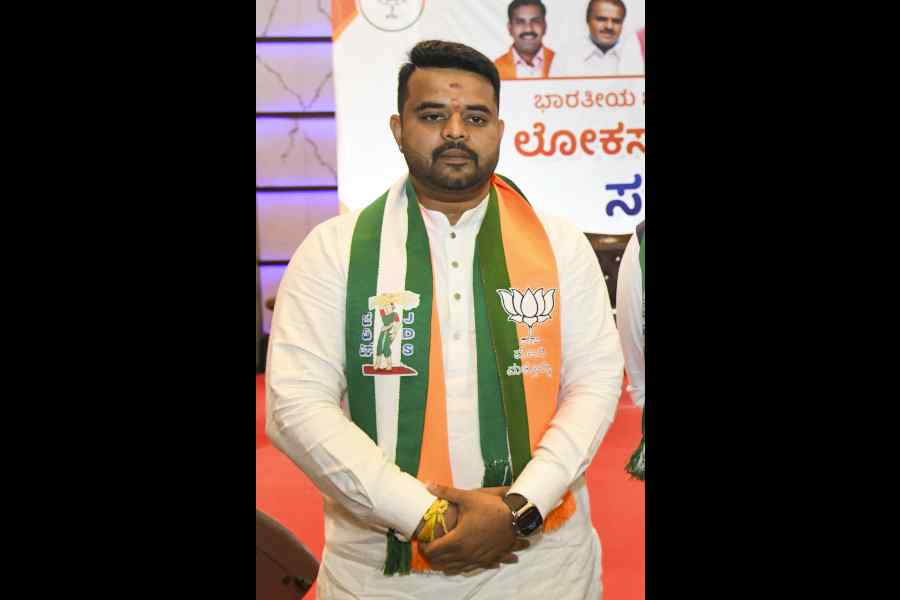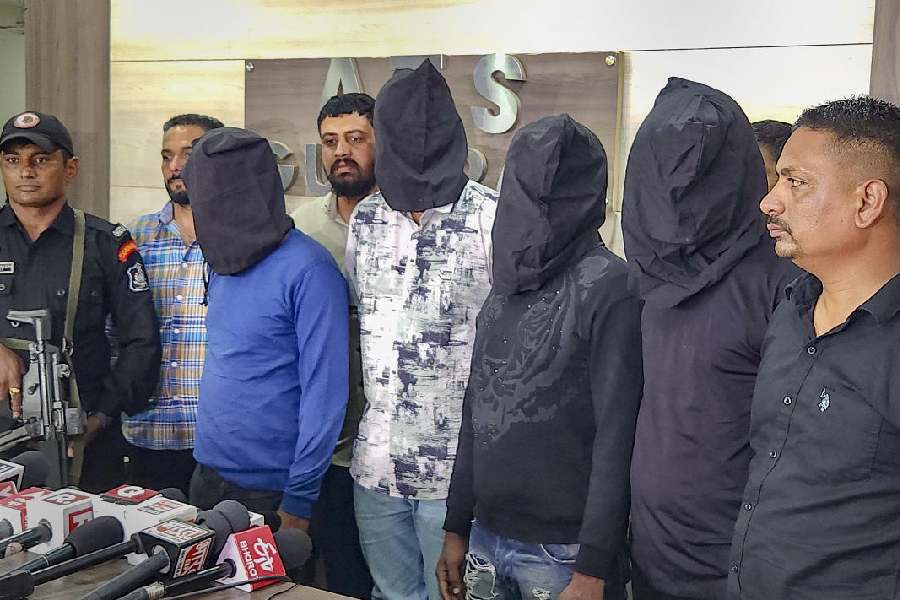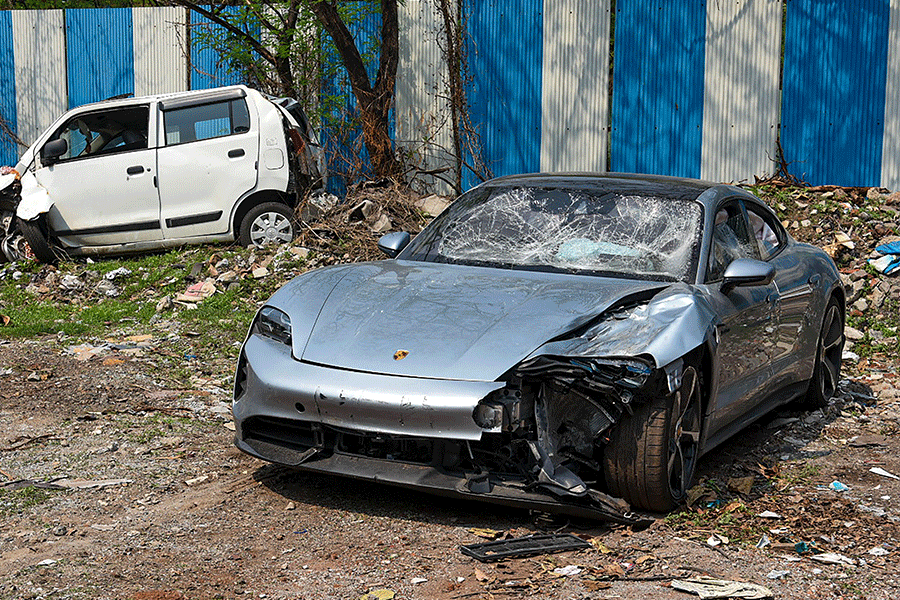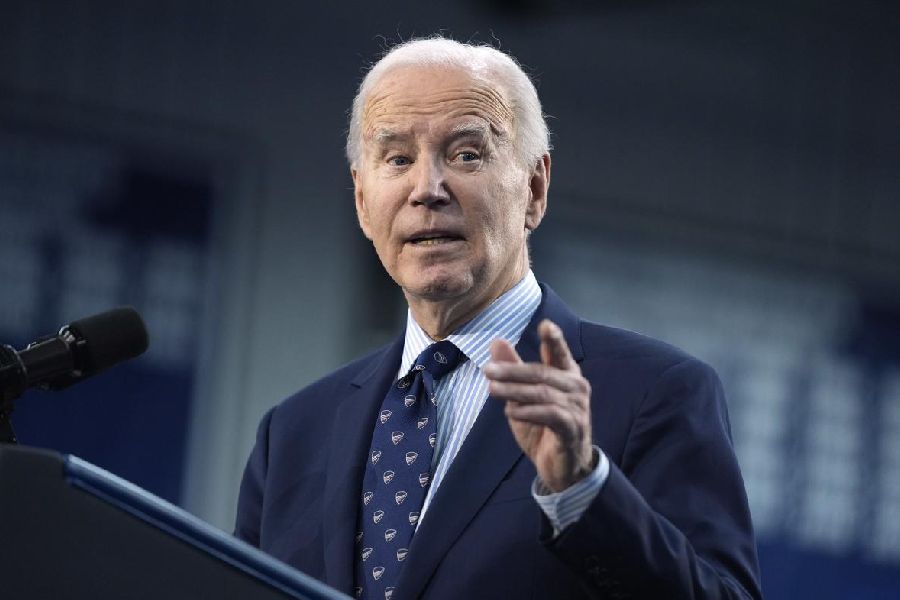It’s been more than 26 years that the BJP is ruling the state of Gujarat uninterrupted.
It is Somnath in Gujarat from where L.K. Advani started the Rath Yatra for the Ayodhya temple. It polarised the state and later the whole country. It paved the way for the foundation of the BJP regime in Gujarat.
Another factor for BJP’s hold on the state is its bonding with the Patidar or Patel community. Patels were at the forefront during the anti-reservation riots of 1985. The BJP took advantage of the turbulence and found a new ally in them. The Patel community, which was already feeling politically left out after the Congress’s KHAM (Kshatriya, Harijan, Adivasi and Muslim) experiment, wholeheartedly supported the BJP in the state. There was no looking back for the BJP after that in Gujarat.
There is a whole new generation of voters in the state who have never seen any government other than the BJP’s. This young generation is now out of college and struggling hard to get their first job. Lower unemployment figures for Gujarat in the government reports are quite misleading and hardly represent the real picture. If we see the number of government jobs in the state, the picture is really gloomy.
The number of skilled and unemployed youth is very high. There is a high scarcity of government jobs. As if this were not enough, frequent paper leaks and corruption in the appointment of government jobs have made it literally impossible for a genuine aspirant to get a government job in the state. Surprisingly, Patidars who led the anti-reservation agitation in the past came out on the streets asking for separate reservation for themselves from the government in 2015.
Recently a friend who teaches humanities in a university outside Gujarat visited Vadodara for a workshop. He was surprised to see so many large illuminated hoardings of IELTS and TOEFL all over the city skyline. The whole generation wants to escape from the country for better opportunities abroad in the US, Canada and UK. Most of these youths belong to the Patidar community. It is a strange paradox that they are one of the strongest supporters of the BJP but don’t want to live in a state ruled by the BJP.
Vibrant Gujarat summits, an initiative of the state government, have failed to create a large number of jobs for unemployed skilled youth, despite their tall claims all these years. All sorts of festivals and summits are happening but the ground reality has
not changed much. The Dholera smart city project declared during one such vibrant summit by then chief minister Narendra Modi is yet to be realised.
The state of education is equally poor. A large number of Gujarati medium government schools are closing down. Also, there is a scarcity of teachers in most of the government schools.
Self-finance colleges are mushrooming everywhere in the state, resulting in high cost of education in engineering and other fields.
Incidents of caste-based discrimination and atrocities are increasing, it’s often in the news that in some or the other part of the state, a Dalit groom is beaten up in the village by the upper class community people just for riding a horse in the marriage procession. The government has failed to ensure social harmony among people. Insensitive attitude and lack of dialogue from the government are the causes behind the law and order situation in such cases. The decision of the release of the rapists in the Bilkis Bano case, which the Supreme Court later overturned, has raised serious questions about the government’s attitude towards the minorities in the state.
Farmers are selling their lands and moving towards cities for livelihood. Increased prices of seeds and fertilisers, low MSP prices and lack of government support in case of floods have made agriculture unviable.
The Gujarat Model, which is sold to the whole nation, is nothing but a myth. Real issues like education, employment, agriculture etc have never been a part of the so-called development agenda of the Gujarat Model. The recent unopposed win of the BJP candidate in Surat is a big setback to the democratic process. Election wins are being managed and public welfare is put on the back-burner.
Amid all these dangers to democracy, rural constituencies in Gujarat are showing some silver lining in times of electoral bonds. Geniben Thakor, a female candidate coming from a noble background and a strong representative of the Opposition from Banaskantha constituency, has gone for crowd-funding. She paid her nomination deposit from the public donation. Small amounts of donations from rural masses towards Geniben’s campaign reached up to ₹25 lakh a few days ago. She has in a way become a people’s candidate. Rutvik Makwana is another such candidate who initiated crowd-funding. Jignesh Mevani, a young Dalit activist-turned-politician from Gujarat, won his first Assembly election in 2017 through crowd-funding campaign.
Participation of deserving candidates from the marginalised sections of the societies in the election process is a welcome sign. Gujarat should vote on real issues and reject the politics of hate in the upcoming election. Hope the people of Gujarat realise it before it is too late to return.
Gujarat votes on May 7
The writer is a poet and an award-winning filmmaker. Views expressed in this article are personal


